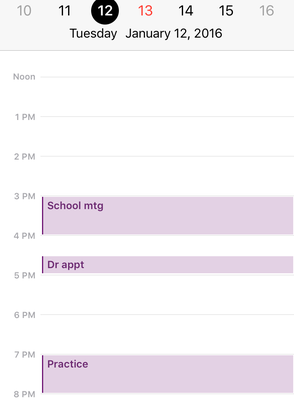 Praise is a tricky subject with parents. Do I do enough praising or when is too much of a good thing bad? I believe that praise (those good compliments) is a great way to build a child’s self-esteem. But, on the other hand, a child must realize that having high self-esteem doesn’t mean you are good at everything. It’s about knowing your limits and managing them without becoming undone. Realize that you can’t bestow self-esteem on someone through praise.
Praise is a tricky subject with parents. Do I do enough praising or when is too much of a good thing bad? I believe that praise (those good compliments) is a great way to build a child’s self-esteem. But, on the other hand, a child must realize that having high self-esteem doesn’t mean you are good at everything. It’s about knowing your limits and managing them without becoming undone. Realize that you can’t bestow self-esteem on someone through praise.
So, how can we as parents make sure that our elementary-aged children feel good about themselves in a positive way, but also stay grounded in reality? Here are a few tips.
Avoid too much gushing. Researchers say that offering kids too much praise (especially when it is unearned or very general) can be counterproductive. Yes, we want our children to feel loved and good about themselves, but heaping on too much praise can overinflate their sense of self and make them praise-dependent. We want our kids to feel good when they do a task without us always having to give them a “pat on the back†so to speak. It’s been recommended that praise be sincere, short, and specific. Also, keep some praising quiet. A loud “way to go†or “good job†is okay in some instances, but a one-to-one compliment on a specific task may be a better way to praise in the long run.
Sometimes our children don’t always excel in everything, but if they try to accomplish a task, then this should be noticed. Compliment your child’s effort. There are bumps in the road of life, but at least trying to achieve at a task is well worth some praise. Point out this idea to your youngster by saying, “I can see how hard you have worked on this project and look at what you have accomplished.†Parents should definitely commend trying.
Now, there will be times when some kids have a difficult time accepting praise. It makes them feel self-conscious. Explain that praise is a good thing and to accept it graciously but in his/her own way. Encourage him to generate a response, even if he’s still shy about it. Maybe your child doesn’t truly understand or agrees with someone’s praise, but it is still polite to say, “Thank you for saying that, or “Thank you, I’m glad you liked what I did.†In time your child will gain the confidence to respond to praise in a more genuine way.










